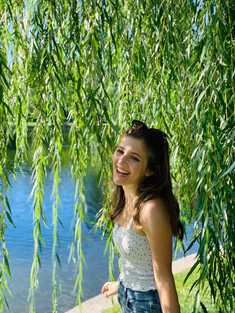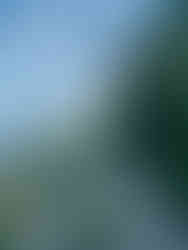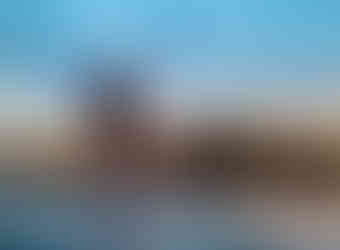Return to Monké
- Sam Lasky

- Sep 15, 2020
- 3 min read
Updated: Mar 18, 2024

Return to monke. This phrase, roughly "translated", refers to the cultural phenomenon of humanity's return to a simple life. Recently, it’s been circling the internet with a nostalgic nod from users who idealize a stripped-down, holistic lifestyle. Personally, I can’t deny I am drawn to the phrase. Return to monke. It sounds so simple.
Well, okay, I know it's not. A return to “monke” would essentially mean reversing life as we know it. We’d have to say goodbye to our beloved gadgets and hello to sticks and stones. We’d have to go hunting and shelter ourselves in caves. We’d have to forget about the importance of clean teeth and hygiene. Everything would be simpler, yes, but that wouldn’t erase the society we left behind. So, yes, the phrase is a little hyperbolic. But the truth is, while many of us aren’t ready to ditch our luxurious modern-day lifestyles, we can’t help but turn to nature in times of distress or confusion. When life gets hectic, there is a huge demand to slip out of reality and into the natural world we came from. I, for one, am very keen on doing this, as I find myself seeking nature out constantly. Whether it’s a national park, forest preserve, or a field of grass, I thrive in nature because when I’m there, I feel like I am apart of something that is not just about me.
And that’s not easy to find in contemporary society. Constantly wracked with ideas about individualism — what we should look like and who we should be — most of us all but scoff at the idea of “returning to monke”. The temptations of wealth are offered so saliciously on TV shows and Instagram feeds, showing off nice clothes, fancy meals, epic vacations, private education, etc. so it often seems like there is no need to look elsewhere for happiness.
Wrong. For some of us, the ones whose minds and well-being are threatened by the modern pace of life, the happiness (or better yet, peace) lies away from it all.
I didn’t realize just how much until recently. At 18, I moved to a city for college because my anxiety told me I would need the stimulation and distraction that a city provides. Halfway through my first year, when my anxiety got its fill of distraction, my depression began to hunger for escape. I didn’t feel happy where I was, surrounded by people and tall buildings that ripped through the sky, attending parties that blurred into the morning. I wanted to see life again. I wanted to be woken up by the sun and look out my window to find green grass, beautiful trees, and grandiose mountains. I ping-ponged like a maniac between the two lifestyles in my mind, trying to understand where I would feel most content, most myself.
This was right around the time I started reading the book On How to Do Nothing by Stanford art professor, Jenny Odell. She wrote that no matter how glorious our escape feels, we can never fully leave behind the constructs of our modern world. While Odell agrees spending time in nature is often a transcendent experience, it doesn’t change the fact that for most of us, a “return to monke” just isn’t realistic. Eventually, our monkey butts will come crawling out of the jungle seeking to learn, grow, participate, and create. It’s just a part of human evolution. So, no, we can’t reverse the clock permanently, but that doesn’t mean we can’t step outside and embrace the natural world before it’s too late.
Here’s some of my simple recommendations to get some more green in your life: go on a walk. Plan a day trip to the local gardens, or a weekend trip camping. Sign up to volunteer on a farm. Ask your friend to walk their dog! Make a plan to see that one place you’re always talking about. Go on a hike. Sit on your porch or lawn. Hell, if nothing else, look out the window. It doesn’t have to be grand, but even those little acts can momentarily separate you from the world inside your phone, or the one inside your head.
I say this because I truly believe that with nature implemented in our lives, with the "doing nothing" that it supplies, we do become a little more monkey. Not in a regressive way, but a progressive way. A way we might actually enjoy.













Comments